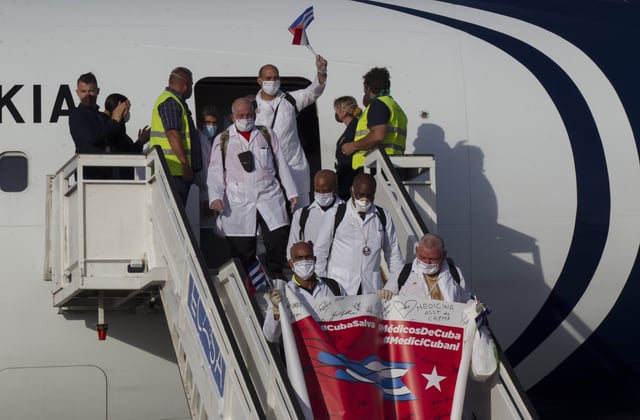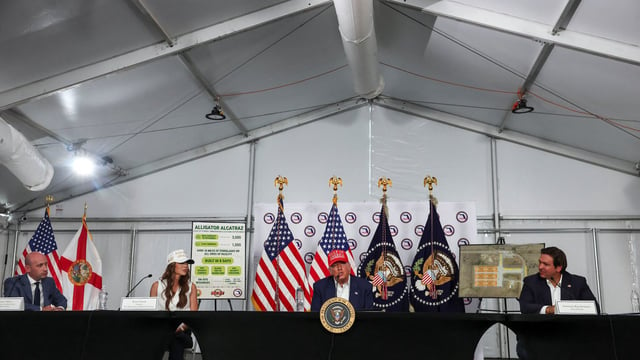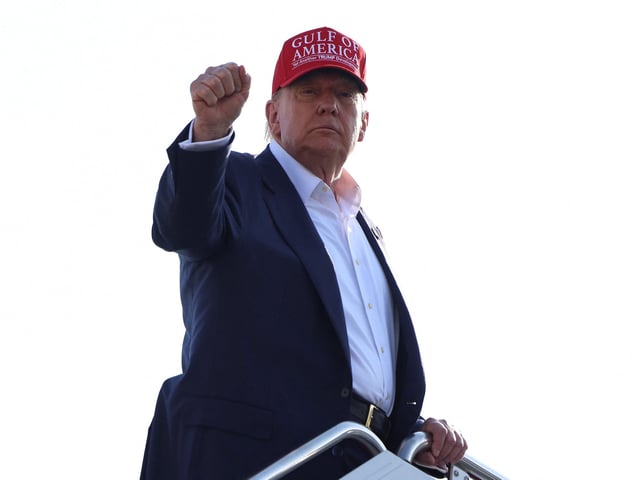Overview
- The memorandum enforces a statutory ban on U.S. leisure travel to Cuba with mandatory record-keeping and five years of audits
- All direct and indirect financial dealings with military-controlled GAESA are prohibited except transactions explicitly supporting the Cuban people
- It pledges expanded internet access, independent press and private-sector opportunities to bolster civil society in Cuba
- Visa restrictions target Cuban and foreign officials involved in state-run medical missions described by U.S. officials as forced labor
- The directive cements the end of the “Wet Foot, Dry Foot” policy and tasks Cabinet secretaries with recommending tougher sanctions within 30 days



